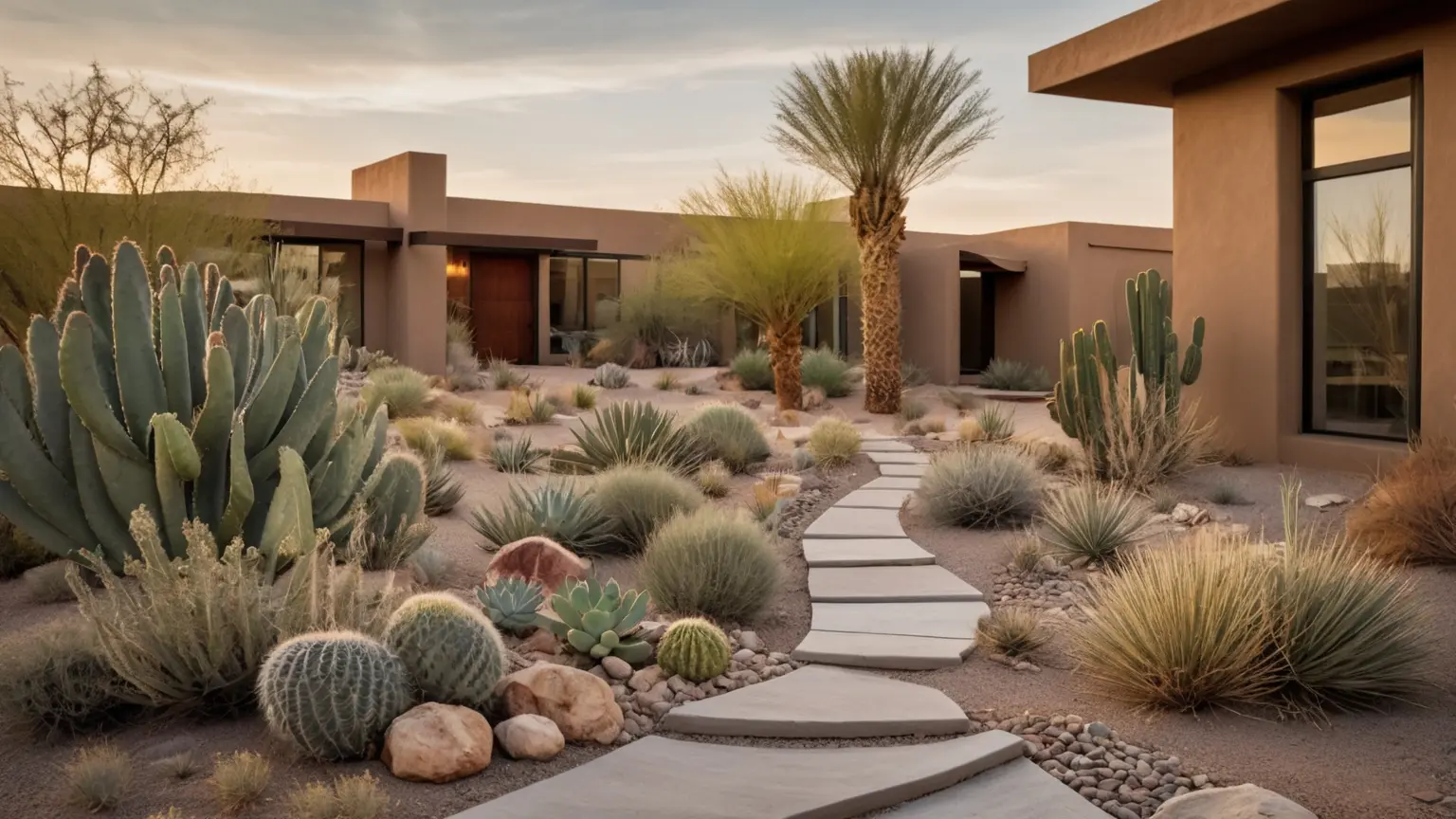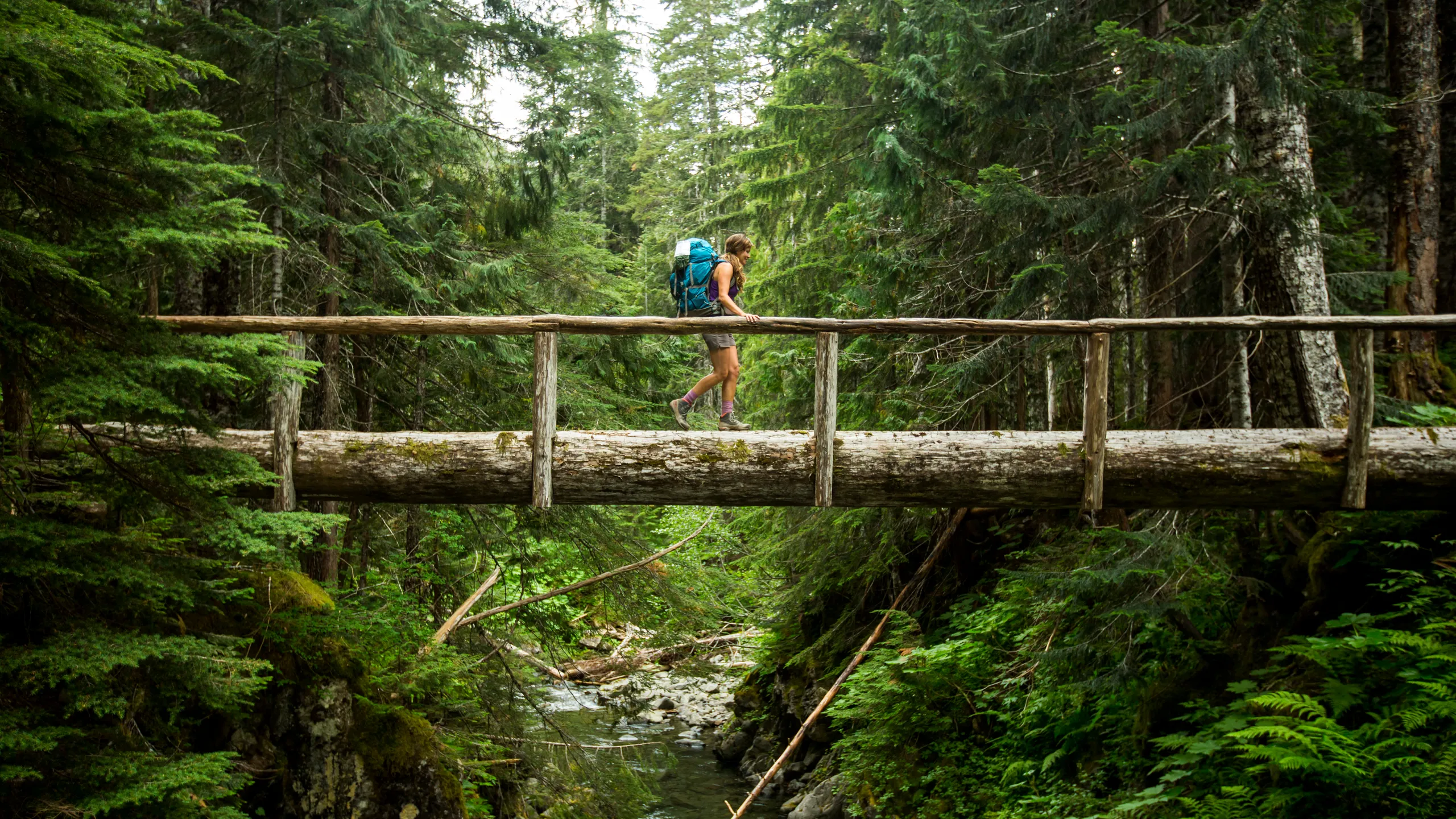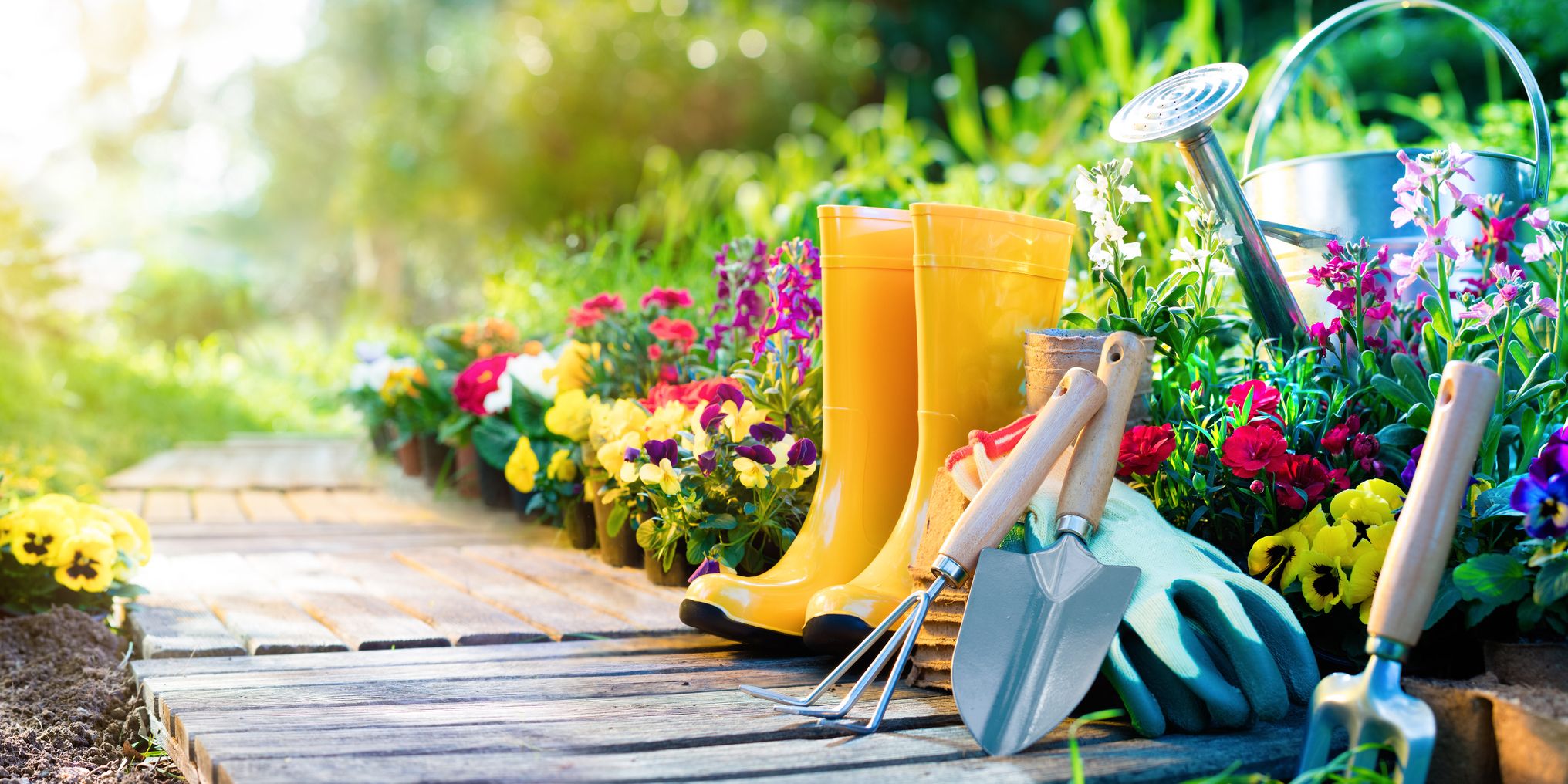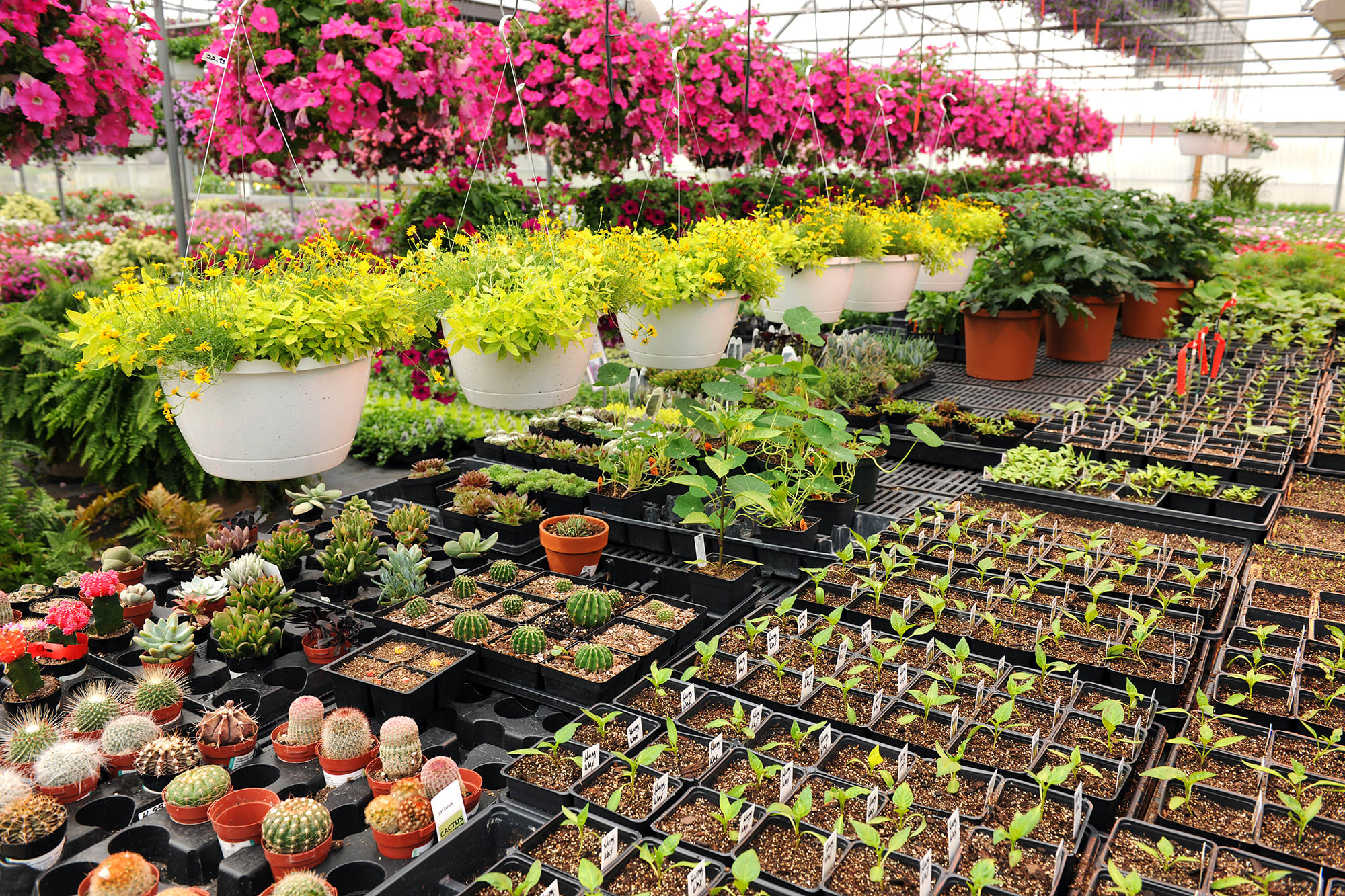Desert gardens are a beautiful and sustainable way to create a unique outdoor space. These gardens are designed to thrive in arid conditions, requiring minimal water and maintenance. By incorporating drought-tolerant plants, such as succulents and cacti, you can create a stunning landscape that is both visually appealing and environmentally friendly.
Key Elements of a Desert Garden
- Drought-Tolerant Plants: Select plants that are adapted to dry conditions, such as cacti, succulents, and desert shrubs.
- Well-Draining Soil: Use a well-draining soil mix to prevent waterlogging.
- Mulching: Apply a layer of mulch to help retain moisture and suppress weeds.
- Rock Gardens: Incorporate rocks and stones to create a natural, desert-like ambiance.
- Water-Wise Irrigation: Use drip irrigation or soaker hoses to efficiently deliver water directly to the plant roots.
Popular Desert Garden Plants
- Cacti: A diverse group of plants with various shapes and sizes.
- Succulents: A wide range of succulent plants, including aloe vera, jade plants, and echeveria.
- Desert Shrubs: Plants like desert sage and rosemary can add color and fragrance to your garden.
- Grasses: Ornamental grasses, such as feather grass and blue fescue, can add texture and movement.
Design Tips for Desert Gardens
- Minimalist Design: A minimalist approach, with clean lines and simple forms, can enhance the beauty of desert plants.
- Color Palette: Consider using a limited color palette, such as shades of brown, gray, and green, to create a harmonious and serene atmosphere.
- Texture: Incorporate plants with different textures, such as smooth, spiky, and hairy leaves, to add visual interest.
- Focal Points: Use large cacti or other striking plants as focal points in your garden.
- Pathways: Create winding pathways through your desert garden using gravel, stone, or wood chips.
By following these tips, you can create a stunning desert garden that requires minimal maintenance and adds a touch of natural beauty to your outdoor space.



